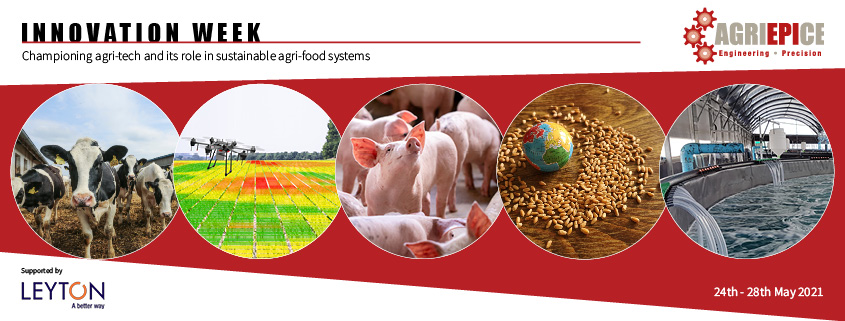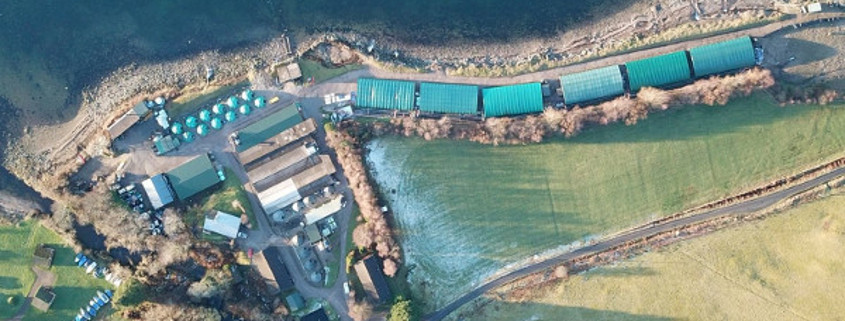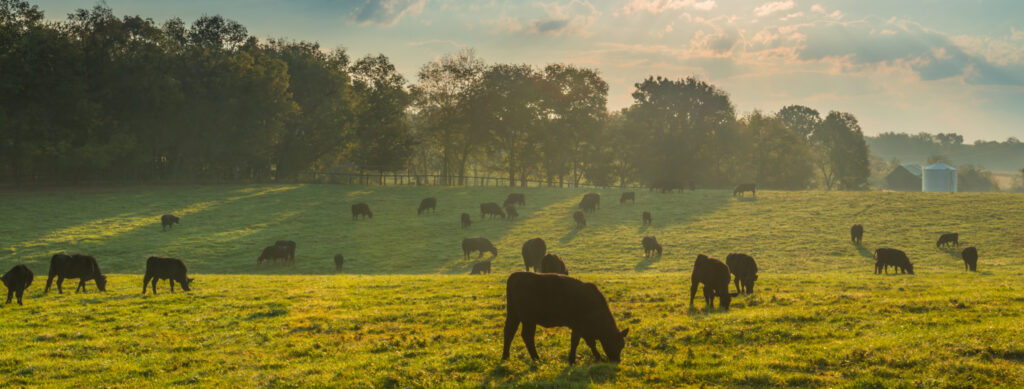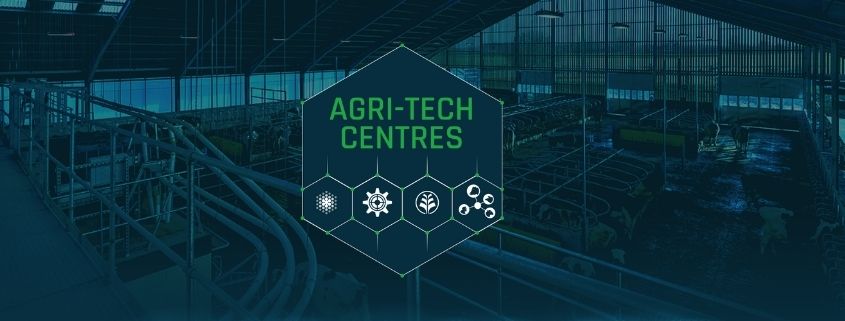Best of UK agri-tech to be showcased during Agri-EPI Centre’s Innovation Week 2021

From ground-breaking sustainable milk production to a quality-monitoring robot that can ‘swim’ through stored grain, Agri-EPI Centre will be showcasing exciting new technologies which support sustainable food production at Innovation Week 2021.
Supporting UK aquaculture innovation with new marine R&D facility

Working with Otter Ferry Seafish, Agri-EPI Centre is helping establish a new research and development facility in Scotland which will support the development of innovative new production technologies for diverse marine aquaculture species.
Agri-EPI Centre featured as supporter of Midlands tech innovators in UK Government campaign

As part of a UK Government campaign encouraging UK companies to export their goods, the Department for International Trade has released a short video which we were delighted to see featured Agri-EPI Centre, our partners and our Midlands Innovation Hub.
Welcoming NoFence to our Midlands Agri-Tech Innovation Hub

We sat down with network member and Innovation Hub resident NoFence to catch up on their game-changing fencing solutions and how the Midlands centre is supporting agri-tech innovation.
Recruitment: Everything you need to know about jobs in agritech

We caught up with Sam Clayton, Managing Director and Recruiter at AgRecruit, for insights into the agritech recruitment process and best practice tips for recruiting agritech employees.
UK Agri-Tech Centres appoint Cross-Centre Communications Manager

The UK Agri-Tech Centres – Agri-EPI Centre, Agrimetrics, CHAP and CIEL – are pleased to announce the appointment of Jane Smernicki to the newly created post of cross-Centre communications manager.
Agri-EPI and partners lead BSAS conference session

Agri-EPI Centre and partners will be leading a session at the BSAS conference on 13 April, exploring the intersection of technology, animal health and sustainable food production.
